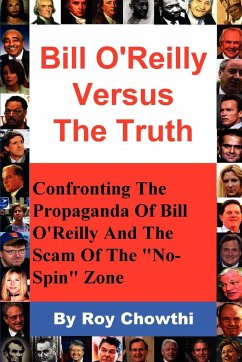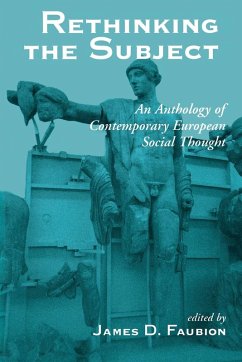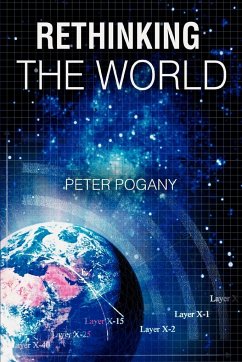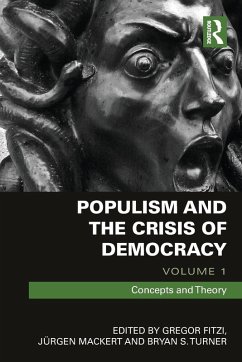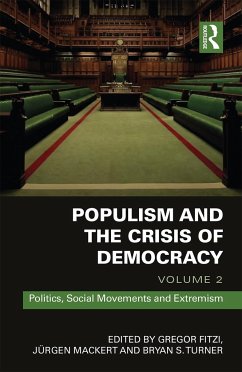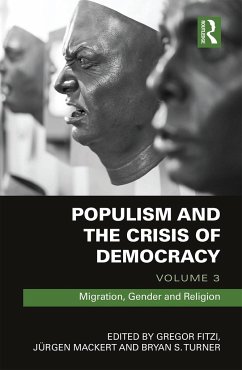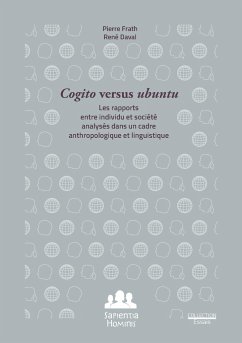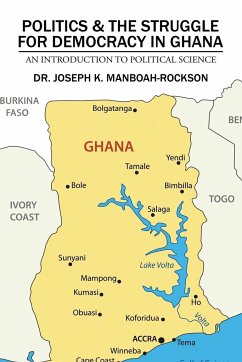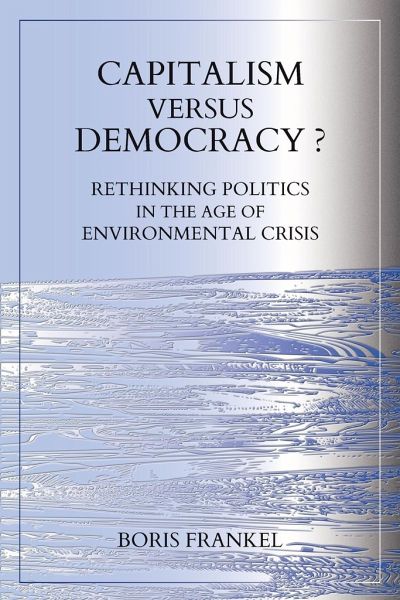
Capitalism Versus Democracy? Rethinking Politics in the Age of Environmental Crisis

PAYBACK Punkte
13 °P sammeln!
For over 150 years, political strategies and policies have been formed according to whether parties and movements believed that capitalism is either compatible or incompatible with democracy. This book challenges both supporters and opponents of the 'compatibility' thesis and calls for a rethink of politics in the age of environmental crises. It is divided into three parts. Part One critically questions the dominant narratives and assumptions held by many of the broad Left about the origins, causes and alternatives to our present condition. Part Two focuses on how prominent neo-Keynesians and ...
For over 150 years, political strategies and policies have been formed according to whether parties and movements believed that capitalism is either compatible or incompatible with democracy. This book challenges both supporters and opponents of the 'compatibility' thesis and calls for a rethink of politics in the age of environmental crises. It is divided into three parts. Part One critically questions the dominant narratives and assumptions held by many of the broad Left about the origins, causes and alternatives to our present condition. Part Two focuses on how prominent neo-Keynesians and Marxists have explained the crises of the past decade and why they are still operating with essentially pre-environmentalist conceptions of the conflict between 'capitalism and democracy'. Part Three offers one of the first detailed discussions of what kind of organisational, political economic and cultural issues that advocates of alternative post-carbon or post-capitalist societies will need to confront. In a penetrating critique of how the tensions between 'democracy and sustainability' have impacted the old debates over capitalism versus democracy, the author examines proposals and images of the 'good life' put forward by social democrats, greens, radical technological utopians, green growth ecological modernisers and degrowthers. Are the broadly held goals of greater social justice, ending poverty and inequality within and between affluent countries and low and middle-income societies possible without transgressing the fragile and damaged biophysical life support boundaries of the earth? Why is it that many who dispute the compatibility or incompatibility of 'capitalism and democracy' are yet to fully consider what policies, organisational forms and social changes flow from populations that favour democracy but oppose policies committed to greater environmental sustainability? These and many other issues are discussed in this unsettling new book which aims to stimulate us to rethink how we see our existing societies and future social, economic and political change.





